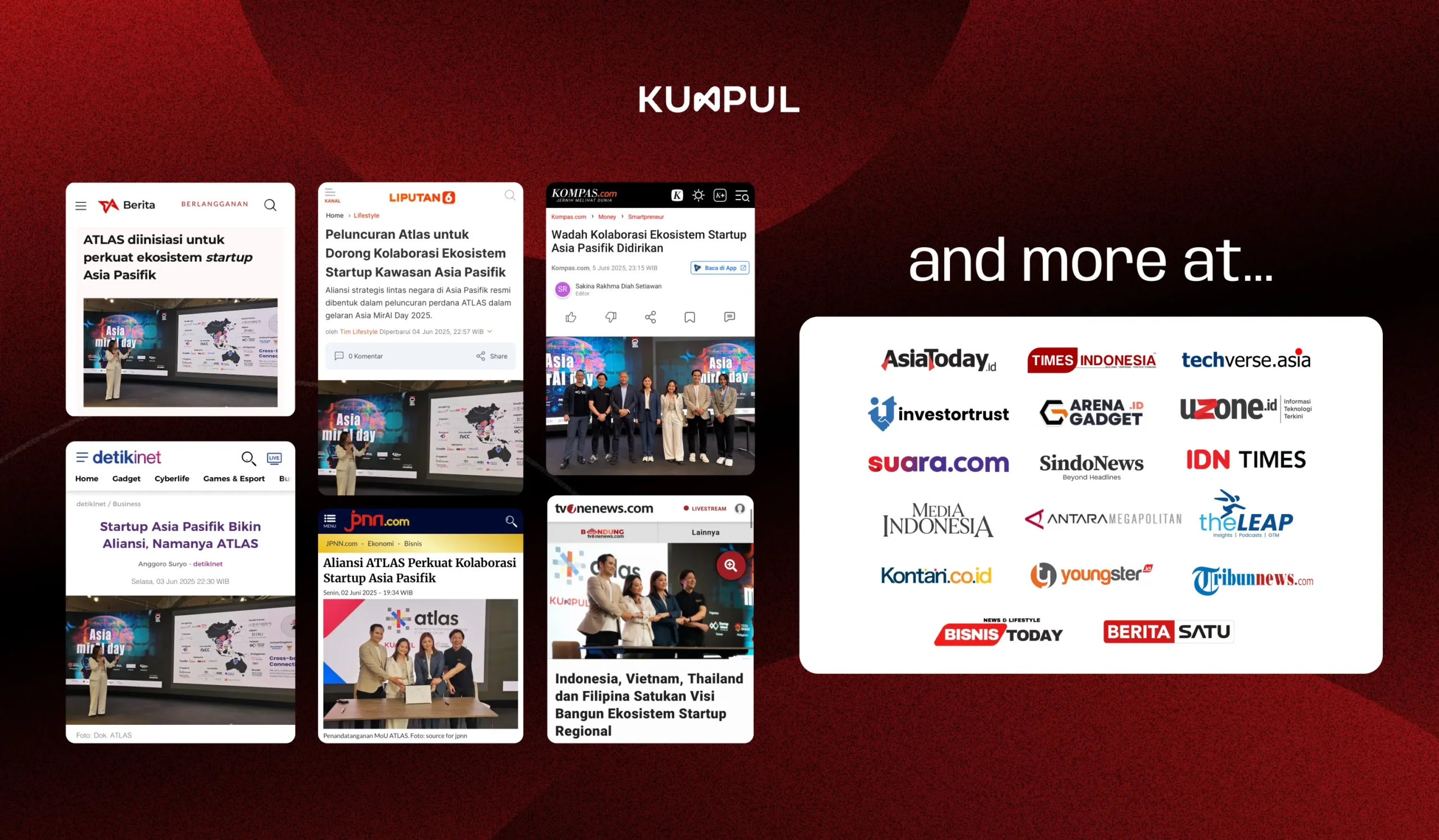The concept of economic empowerment has become a driving force for change, and with the support of many industry players, banks, fintech companies, and governments are reshaping the economic landscape to create a more profound impact on the world economy.
The Global Economic Empowerment trends have been growing in the last few years and there is a growing awareness of the need to address economic disparities.
The Rising Impact on Indonesia’s Ecosystem
Indonesia’s entrepreneurship ecosystem, to this day, is thriving, thanks in part to increased access to capital and resources. Fintech startups are leading the way in providing innovative financial solutions. This has not only empowered entrepreneurs but also created jobs and contributed to economic growth.
SMEs have been facilitated for easier access to financing for these enterprises, enabling them to expand, invest in technology, and improve productivity. As a result, SMEs are playing an increasingly vital role in Indonesia’s economic landscape, as we may call it The Backbone of Indonesia’s growing economy.
While the progress in economic empowerment is promising, challenges are still the things that keep these trends growing, such as the coverage of digital technology is still a challenge for populations in rural and remote areas, hindering their ability to benefit from economic empowerment initiatives.
The Road to Empower the Economy
The rising trends in digital transformation, for one, have opened up unprecedented opportunities for economic empowerment, with the great support of the internet and digital technologies penetrating every last-minute detail of our daily lives. The easy access to the internet has allowed people from all walks of life to participate in the global economy. This transformation has been particularly significant in financial services, where fintech innovations are democratizing access to banking and financial resources.
World Bank’s approach to closing the gap for SMEs to gain access to financial support is one of the key major changes in empowering the economy through SMEs. According to the World Bank’s recent report on SMEs (2022), digitalizing SMEs will boost the productivity of their business and expand their reach, thus creating bigger chances for investment opportunities, as well as to survive in the vast landscape of market competition. This too shall support economic empowerment not just in Indonesia, but throughout Southeast Asia as well. To add more to the report, this can be achieved with the support of the right policies that can foster SME digitalization.
However, economic empowerment is closely tied to sustainability. Government, Indonesia’s Ministry of Finance for example, and other businesses are recognizing the importance of integrating the importance of environmental, social, and governance (ESG) principles into their operations. This not only ensures a more equitable distribution of resources but also promotes long-term economic stability.

SMEs play a pivotal role and contributor to Indonesia’s economic growth. KUMPUL.ID for the last few years has ensured many supportive approaches to more than 15,000 SMEs to gain the access needed to innovate and grow within the ecosystem for SMEs to thrive.
KUMPUL.ID believes in SMEs’ potential in recent years and has shown that they need to reach a wider market. Through this opportunity, KUMPUL.ID has connected 2,500+ SMEs with potential partners to help their go-to-market strategy both nationally and globally.
To fully support this approach, SMEs need to fully grasp the benefits of digitalization in their business. From 2021 up to today, KUMPUL.ID along with partners (such as LinkAja, Indosat Ooredoo Hutchison, Microsoft Philanthrophy, DHL, Governments, and so on) have developed numerous programs to bring the awareness of this technology supported with the right mentors for SMEs to reach their bigger opportunities to grow their business. From connecting them to potential partnerships to nurturing from the smallest ideation to create an impactful business in the future through technology.
While maintaining financial stability is another thing for us industry players and stakeholders need to empower, creating long-term economic viability for SMEs is a bigger thing to accomplish together; creating sustainable economic growth that can benefit all sides.
As we continue to collaborate and innovate, we can expect Indonesia’s economic landscape to become more inclusive and resilient, with thriving and empowered SMEs at its core. It is through these collective efforts that the world can truly harness the power of economic empowerment for the betterment of all.
What do you think can be done more to accomplish in creating a thriving entrepreneurship ecosystem? Share your thoughts here!





